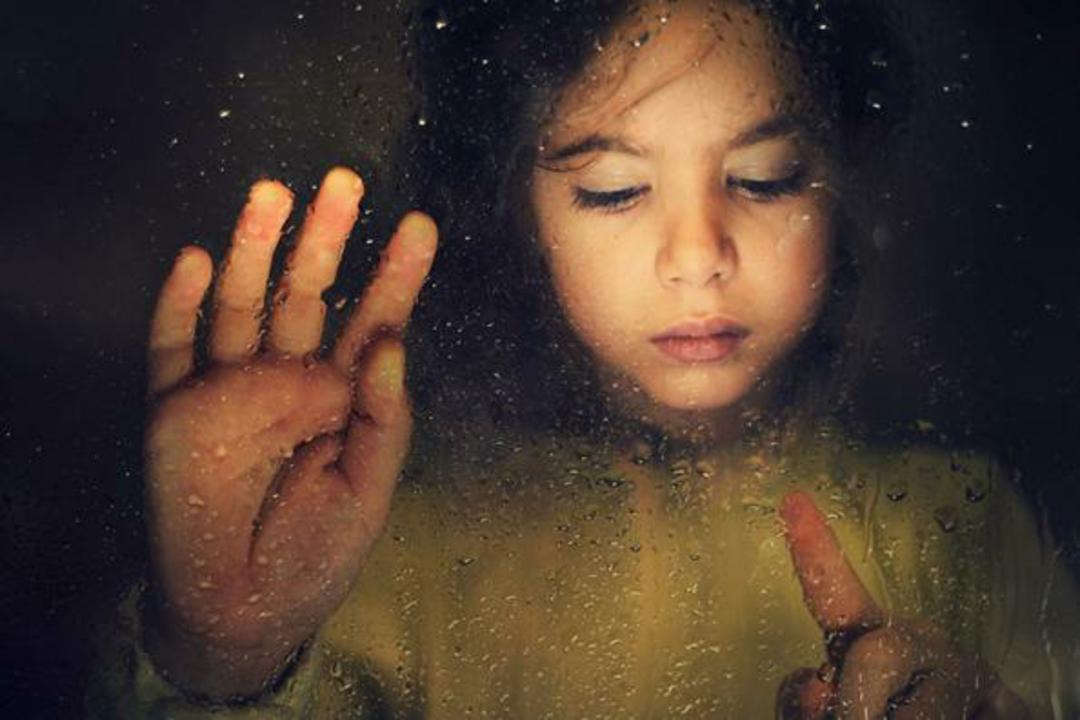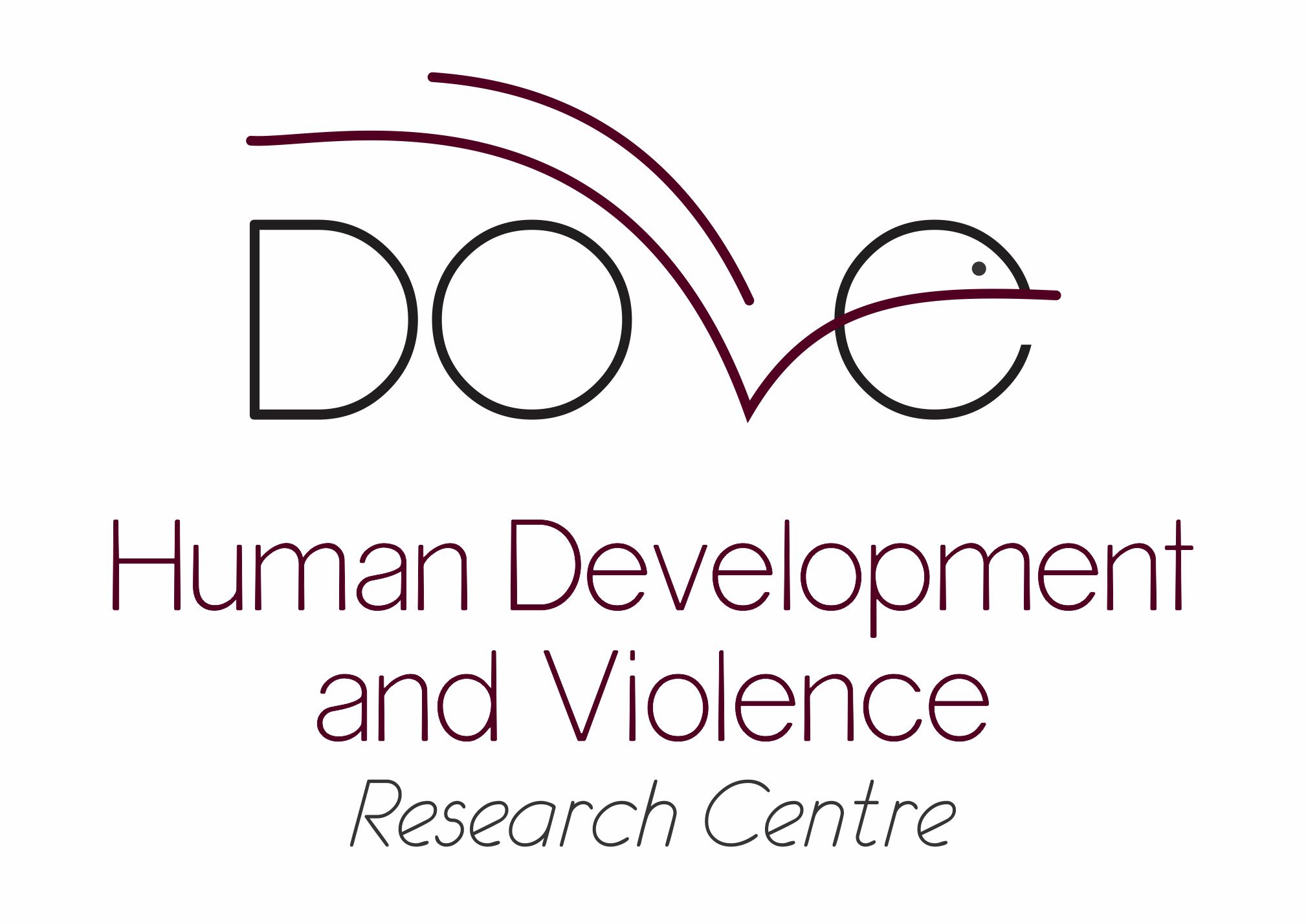Consequences of conduct problems and violence

We study the consequences of violence for health and social outcomes in the four Pelotas birth cohort studies, following 20,000 children born in 1982, 1993, 2004 and 2015 in southern Brazil. Over the course of these studies, serious community violence has skyrocketed. Thus, each of the four cohorts has been exposed to very different levels of violence from early childhood, and the studies represent an exceptional population-based laboratory to investigate the impacts of violence in a changing social context. The Pelotas cohorts contain an enormous wealth of high-quality data on physical health, mental health, education, employment, behaviour and social functioning. Combined with detailed information on violence exposure we use these data to study health and social consequences of community violence as well as violence against women and children in the home.
This research found that emotional abuse of children was particularly predictive of young adult depression for girls, in the Pelotas 1993 cohort.¹ Robbery was also strongly associated with risk for common mental disorders, depression and anxiety in young adulthood.² We are currently collecting hair cortisol levels to measure chronic biological stress as one possible mechanism linking exposure to violence and mental disorder (Toxic Stress and Development).
We also found that childhood behaviour difficulties are strongly associated with risk for later health problems and other negative life outcomes in early adulthood. In both the 1993 Pelotas cohort in Brazil, and ALSPAC in the UK, children with conduct problems had similarly increased risk for their own later violence,³ as well as for emotional disorders and not being in education, employment or training⁴.
Collaborators: Gemma Hammerton (Bristol University), Andrea Gonzalez (McMaster University)
Funding: Wellcome Trust
References:
1. Gallo E A G, De Mola C L, Wehrmeister F, Gonçalves H, Kieling C, Murray J. Childhood maltreatment preceding depressive disorder at age 18 years: A prospective Brazilian birth cohort study. Journal of Affective Disorders 2017; 217: 218-224. PDF
2. Murray J, Lima N P, Ruivo A C O, Ramírez Varela A, Bortolotto C C, Magalhães E I d S, Menezes A M B. Lifelong robbery victimisation and mental disorders at age 18 years: Brazilian population-based study. Social Psychiatry and Psychiatric Epidemiology 2018 53(5): 487-496. PDF
3. Murray J, Menezes A M B, Hickman M, Maughan B, Gallo E, Matijasevich A, Victora C. Childhood behaviour problems predict crime and violence in late adolescence: Brazilian and British birth cohort studies. Social Psychiatry and Psychiatric Epidemiology 2015; 50(4): 579-589. PDF
4. Hammerton G, Murray J, Maughan B, Barros F C, Gonçalves H, Menezes A M B, Heron J. Childhood Behavioural Problems and Adverse Outcomes in Early Adulthood: a Comparison of Brazilian and British Birth Cohorts. Journal of Developmental and Life-Course Criminology 2019; 5(4): 517-535. PDF


